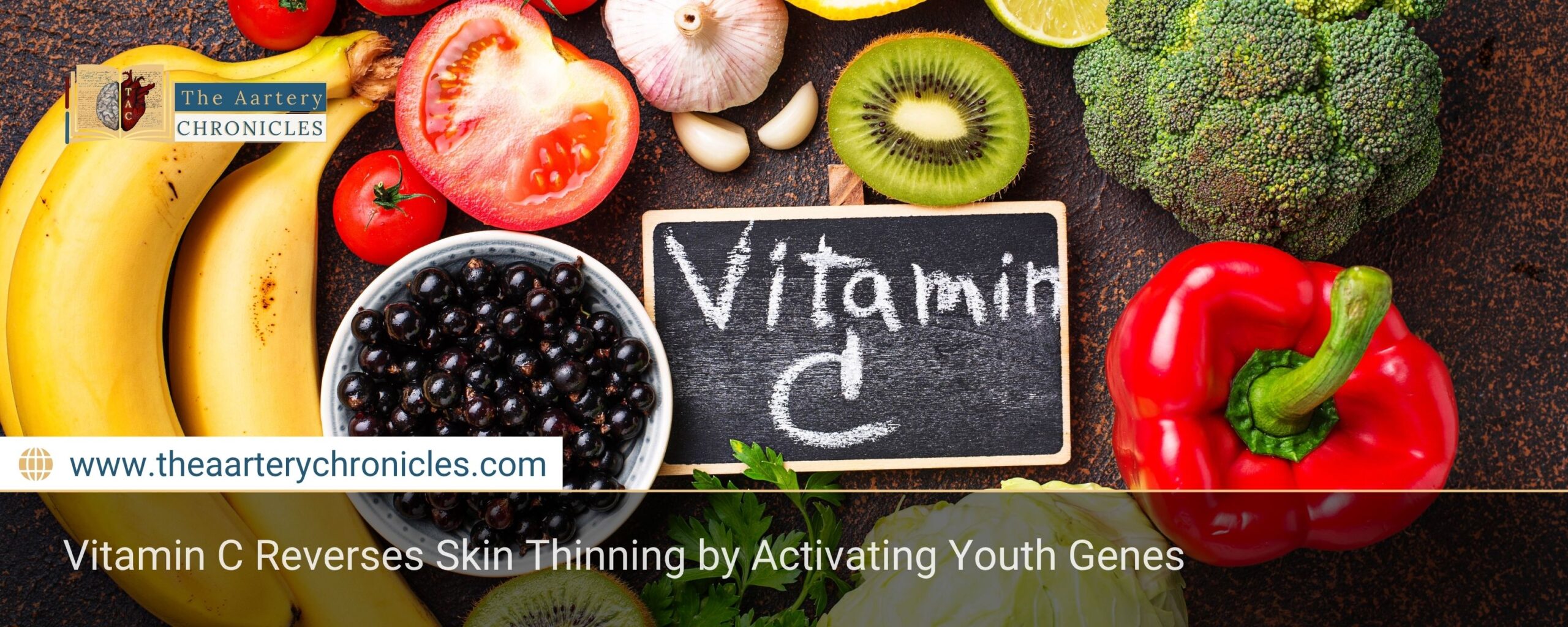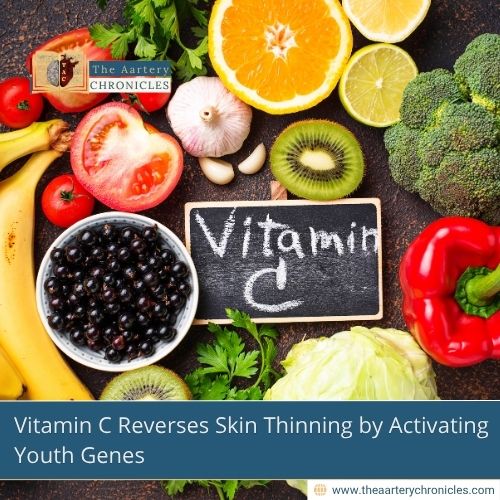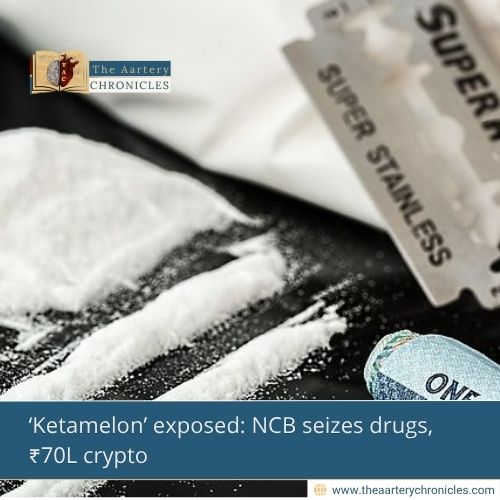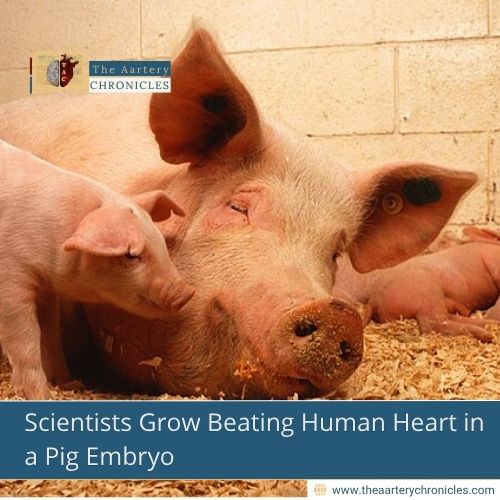

Vitamin C Reverses Skin Thinning by Activating Youth Genes
Summary: A new Japanese study reveals that Vitamin C can reverse skin thinning caused by ageing by switching on genes that boost skin cell growth. It does this through DNA demethylation, which helps reprogram skin cells to regenerate and thicken the skin from within. The research could pave the way for advanced anti-ageing skin therapies.
Can Vitamin C Reverse Aging Skin? Science Says Yes
New research reveals how vitamin C reawakens “youth genes” to promote skin thickening and regeneration, potentially reversing age-related skin thinning.
Why Does Skin Thin as We Age?
As we grow older, the epidermis, the skin’s outermost layer, gradually thins, losing its resilience and protective barrier. Around 90% of the epidermis is made up of keratinocytes, which originate in deeper skin layers and migrate upwards to form a protective surface. This natural cell turnover slows with age, contributing to thinner, more fragile skin.
Vitamin C is widely recognised for its antioxidant and skin-supportive benefits, new science shows it goes even deeper, literally.
Breakthrough Study: Vitamin C Thickens Skin from Within
In a recent study published in the Journal of Investigative Dermatology (April 20, 2025), researchers from Tokyo Metropolitan Institute for Geriatrics and Gerontology (TMIG), Hokuriku University, and ROHTO Pharmaceutical Co., Ltd discovered that Vitamin C can thicken the epidermis by reactivating specific genes linked to skin cell growth.
“Vitamin C seems to influence the structure and function of the epidermis, especially by controlling the growth of epidermal cells,” says Dr. Akihito Ishigami, lead author and Vice President at TMIG.
How Did They Test It?
To simulate real skin behaviour, researchers used human epidermal equivalents, lab-grown skin models that mimic the nutrient-exposed and air-exposed environment of real skin. They treated the samples with Vitamin C concentrations of 0.1 and 1.0 mM, similar to what the skin receives from the bloodstream.
Within 7 days, they noticed a thicker inner epidermal layer, with even more pronounced thickening by day 14. Interestingly, the outermost layer (stratum corneum) thinned slightly, indicating enhanced keratinocyte renewal.
DNA Demethylation: Vitamin C’s Secret Weapon
The real breakthrough came at the genetic level. Researchers found that Vitamin C promotes DNA demethylation, a process where methyl groups are removed from DNA, allowing genes linked to cell growth to switch back on.
Methylation typically suppresses gene expression. But Vitamin C reactivates key genes by supporting enzymes called TET (Ten-Eleven Translocation) enzymes. These enzymes convert 5-methylcytosine (5-mC) into 5-hydroxymethylcytosine (5-hmC), a critical step for unlocking DNA.
How Does Vitamin C Power the Process?
TET enzymes need iron (Fe2+) to function. During DNA demethylation, Fe2+ is oxidised to Fe3+. Vitamin C comes into play by donating electrons, converting Fe3+ back into Fe2+, thereby sustaining the activity of TET enzymes.
The study identified:
- Over 10,138 DNA regions with reduced methylation after VC treatment.
- 12 skin growth-related genes that were activated, with expression increased by 6x to 75.2x.
- When researchers blocked TET enzymes, Vitamin C lost its effects, proving the mechanism is TET-dependent.
The Impact: Youth Genes Reactivated
“Vitamin C helps thicken the skin by encouraging keratinocyte proliferation through DNA demethylation,” concludes Dr. Ishigami.
This makes it a promising therapy for aging or thinning skin, especially in older adults.

Dane
I am an MBBS graduate and a dedicated medical writer with a strong passion for deep research and psychology. I enjoy breaking down complex medical topics into engaging, easy-to-understand content, aiming to educate and inspire readers by exploring the fascinating connection between health, science, and the human mind.








